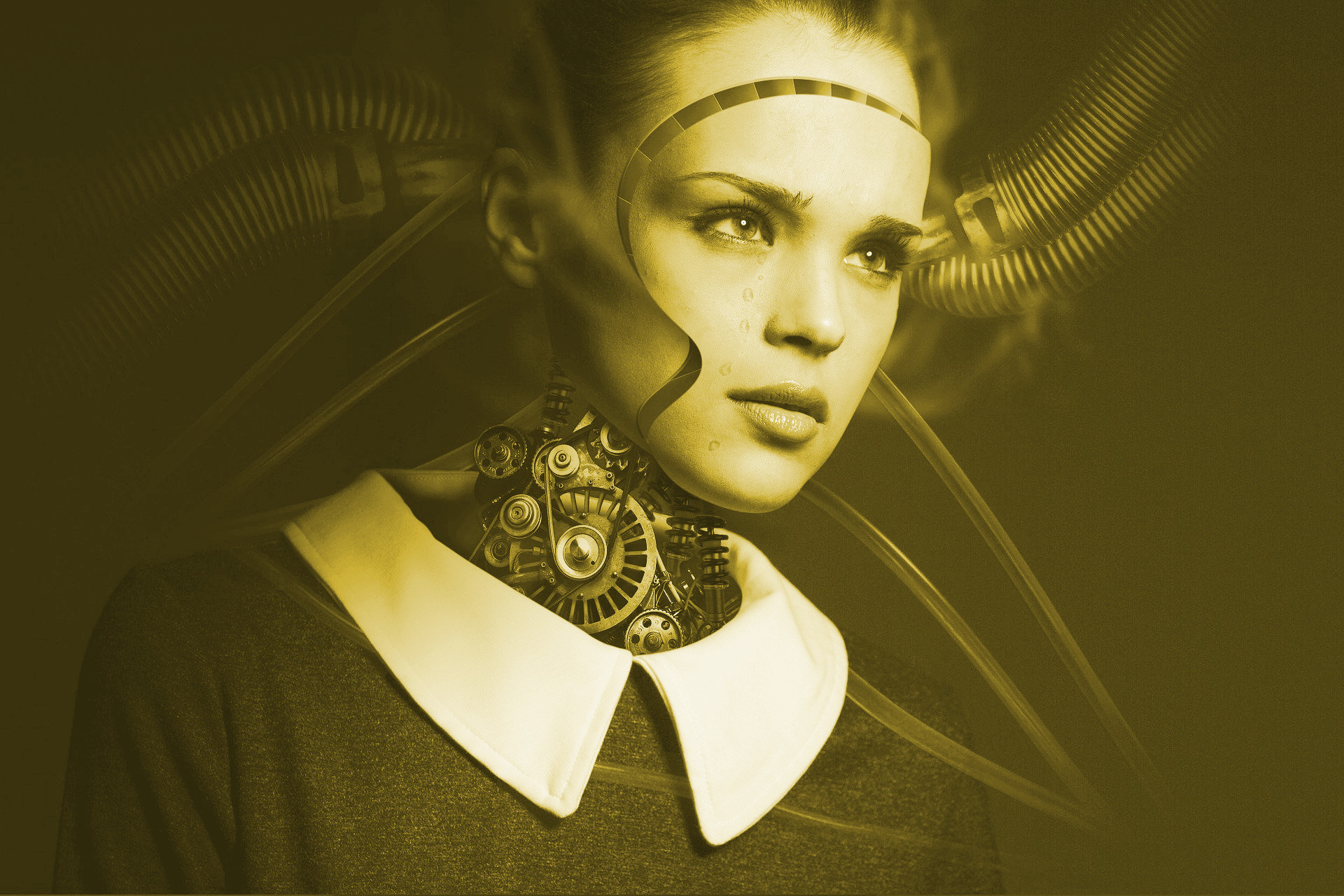The robotisation and automation of the world’s economies is creating tensions between countries as each nation decides its own policy in this area. These choices induce better performance and widen inequalities in terms of prosperity for populations who may be either the “big winners” of globalisation or the “losers”. These seemingly head-on rivalries under the backdrop of geopolitical warfare may in fact turn out to be a human-to-human relationship through the creation of a new human vs. machine-to-machine opposition. Just as in the 19th century when Marxist theories created an attraction for the solidarity of peoples because of the emergence of the proletariat and bourgeois dichotomy, so too we can see the emergence of a new mythified reality, that of an opposition between man and their machines. There is a national control of technologies, some sectors of which are nationalized because of the stakes of sovereignty (transport, energy, armament etc.). Nevertheless, for several decades we have been witnessing the emergence of giants, the famous GAFAM and other Chinese BATX (acronym of Baidu, Alibaba, Tencent and Xiaomi), which have supranational visions and desires that have not been acknowledged. They extend their power over the five continents by sometimes seriously questioning local sovereignty (in some African countries, for example) or by dispossessing states of their regalian power (a desire for monetary creation initiated by Facebook and other tech giants).
Should we feel threatened? Can we resist what seems to be the inexorable march of history?
The question is difficult because it is complex and depends above all on the deep intentions of these giants – although in some respects obvious – and the way in which States will react.
There are many elements in these undertakings that make them proto-States. First of all, they monopolise the resource of our technological age, namely data, which has been the main reason for their meteoric rise. They possess a territory: the web – which constitutes the territory of the 21st century – of which they share portions (cf. the massive purchase of datacenters of each of the giants). They have a strong identity, values with which one can identify, and a technical elite that leads them. It must be understood that the future power stakes will be different from the previous ones, we are changing paradigm as we did before. On the scale of humanity, there have been several phases of power for the constitution of dominant human groups, proto-state and state:
the number of individuals (e.g. Paleolithic era, Sapiens’ victory over Neanderthal)
the control of a territory and the resources it contains (e.g. the imperialist eras)
technological mastery and production capacity (e.g. Bismarck’s Germany, today’s China etc.).
mastery of data (e.g. the current era with its tech giants)
Of course, these paradigm shifts do not make elements of
earlier powers obsolete. For example, the victory of the Allies over
technologically advanced Germany in an industrial age was made possible by the
control of resources and the possession of a pool of fighters from the colonial
empires that have now disappeared.
Still, the new paradigms will create a new age of supranationalism divided
between a technophile elite and a proletariat that is a breeding ground for
data; that is to say, a humanity that is almost bionic with its control of technology
and, on the other hand, a humanity that cannot emancipate itself from the
straitjacket it has helped to create. It is not impossible to see a new dualism
around the age-old dialectic of oppressors/oppressed. This Manichaeism is
already giving rise to a populist discourse to where no one can be certain it
will lead..










